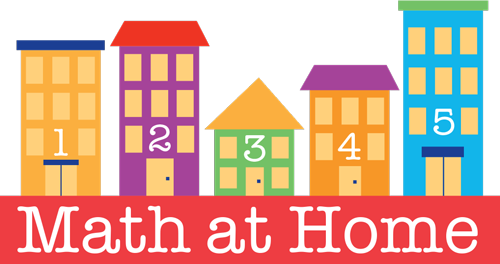Do Teachers Make A Difference in Early Math Education?
Invariably, yes. Highly qualified teachers – defined as those with a Bachelor’s Degree or higher and paid public school salaries- do produce consistently higher gains for children in the area of math. This comes from the Early Math in Illinois: Recognizing and Raising the Profile report, researched and written by Dr. Sallee Beneke.
Well-prepared teachers must find the balance between math education that is mistakenly delivered by “skill and drill” and that which is solely experienced through play. It is not enough to present quality materials and manipulatives and hope that children learn math through play alone, nor do we want teachers to create an inappropriate environment where children are expected to learn math like their much older counterparts. Somewhere between these two extremes lies high-quality, appropriate, play-based, teacher-led, intentional and incidental math experiences and education for young children.
The report goes on to say that children will be best served if all early childhood professionals – across diverse settings – have access to quality professional development. This includes mentoring and coaching, participation in formal and informal educational opportunities, and opportunities for observation and feedback. Not mentioned in the report, but I believe to be equally important is that all ECE teachers need more math education themselves. It has been my experience that weak math skills in adults lead to avoidance of math opportunities in early childhood classrooms and possible incorrect math processes and understandings.
Next week, I will write about Beneke’s recommendations for what quality professional development should look like for ECE professionals in Illinois.
